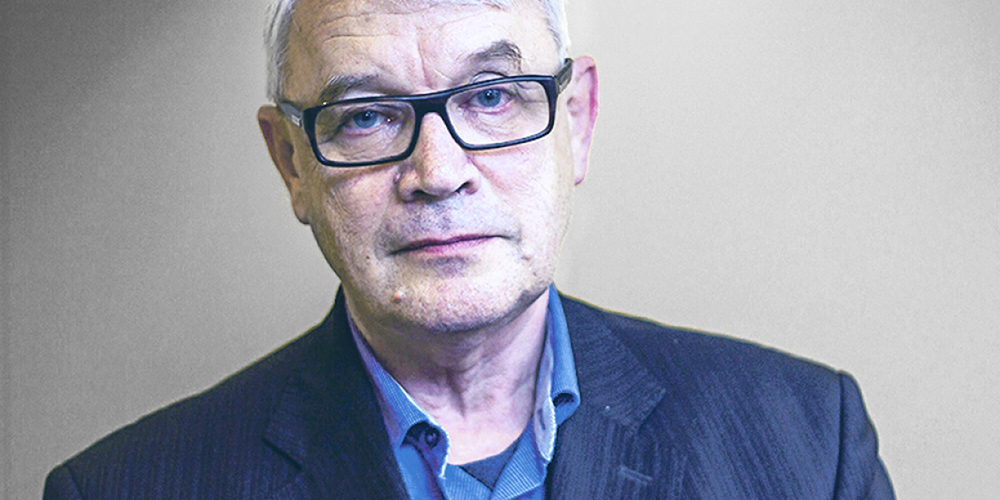Optomed Aurora is lighter, less space-consuming, and more cost-efficient than stationary cameras

Optomed Aurora camera is suitable for use by physicians-ophthalmologists in many specialties – for diagnostics of glaucoma, diabetic retinopathy, aging macula degeneration, etc., with a possibility to track and compare images over the course of the disease. The camera provides an important feature to take images in color, red-free and infrared formats. It is lighter, less space-consuming, and more cost-efficient than stationary cameras.
The Aurora camera is very applicable for the use of optometrists, who can perform mass population eye health screenings including healthy (still missing symptoms) population. In our experience, as a result of such screenings, in a number of cases diseases were diagnosed when patients were not aware and had no symptoms, such as glaucoma, diabetic retinopathy, aging macula degeneration (AMD), thus proving the potential in early diagnostics and therefore enabling better treatment outcomes.
A handheld eye fundus camera is also very effective in teleophthalmology – remote screenings and evaluation of patients located at large distances from health care facilities, who have disabilities or are immobile. The effectiveness of the camera use in teleophthalmology has also been demonstrated in the reviewer’s work in Lithuania, conducting screenings with the camera at elderly care facilities, as well as while primary care physicians conducting screenings of patients with diabetic retinopathy in remote geographic areas transmitted eye fundus images obtained with Aurora for the evaluation of an ophthalmologist. This enables early diagnostics and timely treatment of diabetic retinopathy and its complications. The camera is extremely applicable in a pandemic when non-emergency access to health care is very limited and the camera can provide remote diagnostics and help limit the volume of in-person patient encounters for public health reasons.
Professor Alvydas Paunksnis, Lithuania